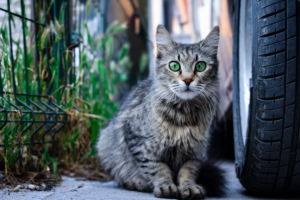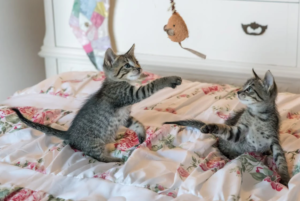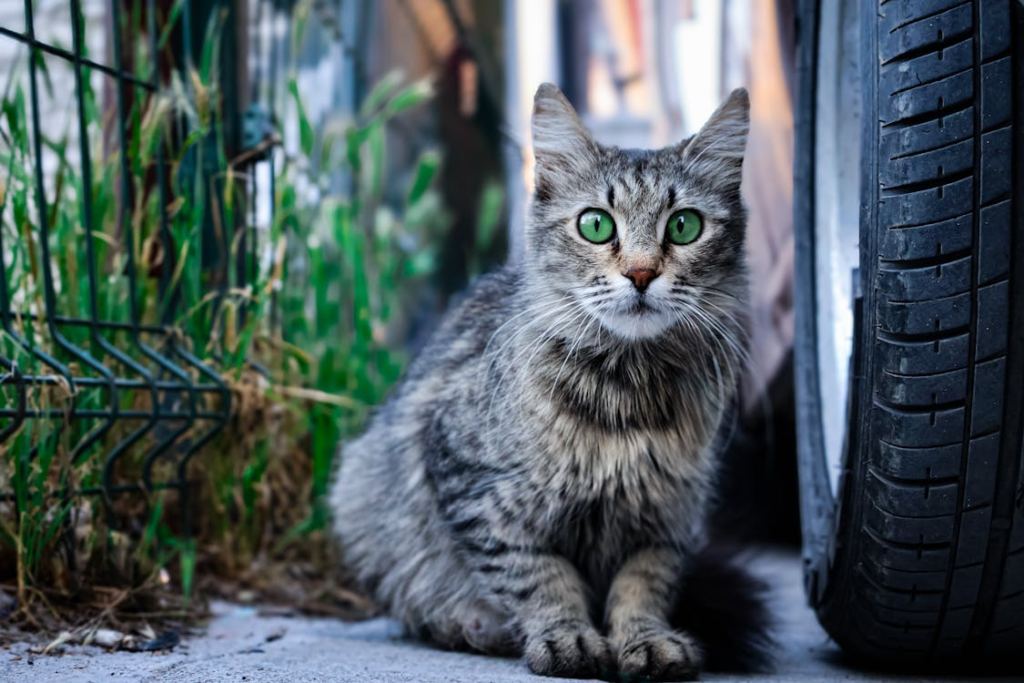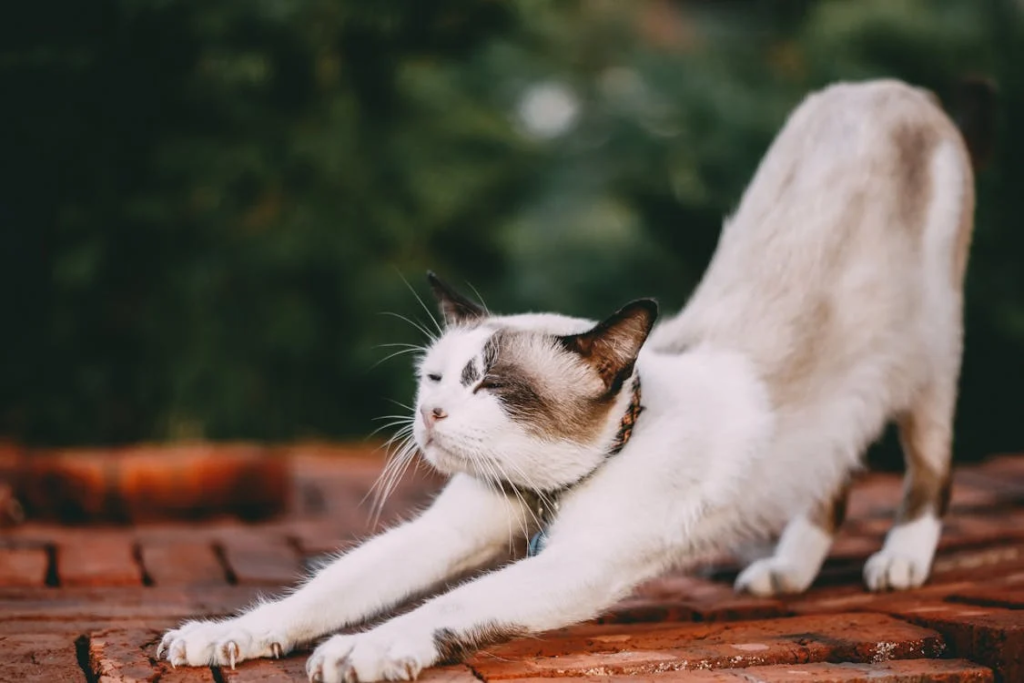Introduction
If you’ve noticed your furry friend squinting, pawing at their eye, or sporting some weird goop around their peepers, you might be dealing with a cat eye infection. Don’t worry, though – we’ve got you covered! In this guide, we’ll dive into everything you need to know about cat eye infections, including some nifty home remedies and when it’s time to call in the pros. So let’s get started and help your kitty see clearly again.
Understanding Cat Eye Infections
Before we jump into treatment, let’s get the lowdown on what we’re dealing with:
Common Causes of Cat Eye Infections
- Viruses (like feline herpesvirus)
- Bacteria
- Fungi
- Allergies
- Foreign objects
Symptoms to Watch Out For
- Redness and swelling
- Discharge (clear, yellow, or green)
- Squinting or excessive blinking
- Pawing at the eye
- Cloudy appearance of the eye
- Third eyelid visible
Types of Eye Infections
- Conjunctivitis (pink eye)
- Keratitis (inflammation of the cornea)
- Uveitis (inflammation of the inner eye structures)
For more detailed information on feline eye diseases, check out the Cornell Feline Health Center’s guide.
Home Remedies for Cat Eye Infections
Now, let’s talk about some kitten eye infection home remedies you can try. Remember, these are best for mild cases, and you should always consult your vet if symptoms persist or worsen.
Gentle Cleaning
- Use a soft, damp cloth to wipe away discharge
- Always wipe from the inner corner outward
- Use separate cloths for each eye to prevent spread
Saline Solution Rinse
- Mix 1/4 teaspoon of salt with 1 cup of warm water
- Use a clean dropper to rinse the eye gently
- This can help flush out irritants and soothe the eye
Chamomile Tea Compress
- Brew a cup of chamomile tea and let it cool
- Soak a clean cloth in the tea and apply as a compress
- The anti-inflammatory properties can help reduce swelling
L-Lysine Supplements
- Can help boost the immune system, especially for viral infections
- Always consult your vet for proper dosage
Eyebright Herb
- Make a weak tea with eyebright herb and use as an eye rinse
- Known for its anti-inflammatory properties
Remember, these kitten eye infection home remedies can be helpful, but they’re not a substitute for professional veterinary care if the infection is severe or persistent.

When to Seek Veterinary Care
While home remedies can be effective for mild cases, some situations require a trip to the vet:
- Symptoms persist for more than 24-48 hours
- Eye appears cloudy or the third eyelid is visible
- Cat is in obvious pain or distress
- Discharge is thick, yellow, or green
- Cat has stopped eating or drinking
- Other symptoms like sneezing or coughing are present
Your vet may prescribe antibiotic eye drops or ointments, depending on the cause of the infection. They might also recommend additional tests to rule out more serious conditions.
Preventing Future Eye Infections
An ounce of prevention is worth a pound of cure, right? Here are some tips to keep your kitty’s peepers in tip-top shape:
Regular Check-ups
- Annual vet visits can catch issues early
Good Hygiene
- Keep your cat’s living area clean
- Wash your hands before and after handling your cat
Balanced Diet
- A nutritious diet supports overall health, including eye health
Stress Reduction
- Stress can weaken the immune system, making infections more likely
Vaccination
- Stay up-to-date on vaccinations, especially for outdoor cats
Special Considerations for Kittens
Kittens are especially susceptible to eye infections, so let’s talk about some kitten-specific advice:
- Kitten eye infection home remedies should be used with extra caution
- Infections in kittens can progress quickly, so don’t hesitate to see a vet
- Keep kittens separated from other cats if an infection is suspected
- Ensure the mother cat’s eyes are healthy to prevent transmission
The Importance of Proper Diagnosis
While kitten eye infection home remedies can be helpful, it’s crucial to get a proper diagnosis. Some eye problems can look like infections but may be more serious conditions:
- Glaucoma
- Corneal ulcers
- Feline infectious peritonitis (FIP)
- Cancer
That’s why it’s always best to consult with a veterinary ophthalmologist if you’re unsure. The American College of Veterinary Ophthalmologists can help you find a specialist in your area.
Conclusion
Dealing with cat eye infections can be a bit of a challenge, but with the right knowledge and care, you can help your feline friend feel better in no time. Remember, while kitten eye infection home remedies can be effective for mild cases, it’s always best to err on the side of caution and consult your vet if you’re unsure or if symptoms persist. By staying vigilant and providing proper care, you can keep your cat’s eyes bright, clear, and full of that curiosity we all know and love!








